Mozambique: The FDS forced rebels out of Mocímboa da Praia after Sunday attack - District ...
Mozambique: Almost 15,000 displaced by attacks on Ancuabe villages – UNHCR
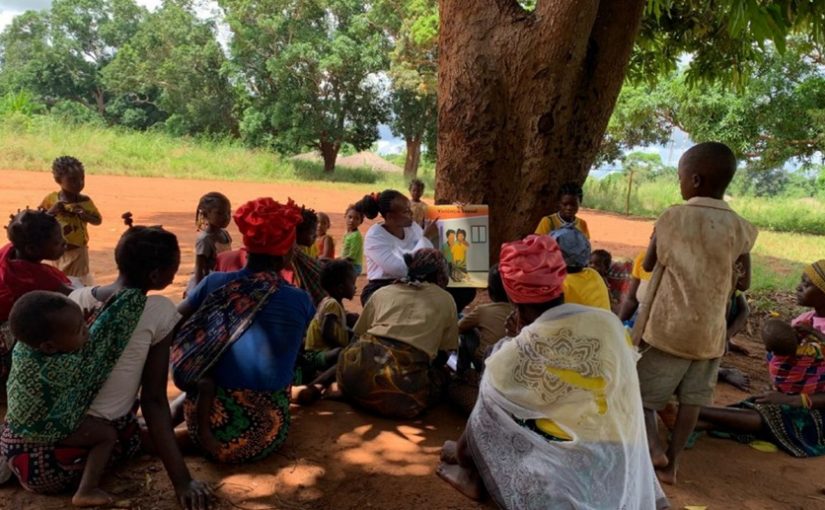
Focus group discussion with displaced women in the village of Naputa, Ancuabe district. UNHCR/17 April 2025.
The United Nations High Commissioner for Refugees (UNHCR) estimates that around 15,000 people have fled in different communities in the Ancuabe district due to new incursions by groups in northern Mozambique.
In the most recent report on the security situation in this district of Cabo Delgado province, consulted on Wednesday by Lusa, the UN agency indicates that most of the displaced people “fled from villages attacked on 31 March 2025, including Nkole, Nonia, Muela, Ngura, Miegane and other villages in Ancuabe district”.
“The attacks involved looting, burning houses, abductions and targeted killings. Attackers entered at night, demanded money, shot at civilians, and set homes on fire. Those unable to pay were at risk of kidnapping. In multiple accounts, community members spoke of ransoms up to 10,000 meticais ($150) being demanded, often under the threat of death or abduction,” describes the UN agency.
In addition to the destruction of infrastructure, according to the UNHCR, the displaced population “also reported the recruitment of young people”.
“These incidents, such as kidnappings and murders in the villages, have caused significant trauma among the community,” the document reads.
“Many fled on foot in the middle of the night, without belongings or preparation, having no other option but to take shelter in the bush,” the UNHCR report reads.
“Elderly persons and individuals with disabilities were frequently left behind, as families were unable to support their evacuation under pressure. Though many of these individuals were reportedly spared by armed actors, they remain isolated and at heightened risk, underscoring both the exclusion these groups face and the lack of inclusive preparedness and evacuation mechanisms,” it adds.
“The protection needs are urgent and complex, with five priority issues consistently emerging across key informant interviews and focus group discussions: civil documentation, mental health and psychosocial support, gender based violence (GBV) prevention and response, support for persons with disabilities, and child protection,” UNHCR reports.
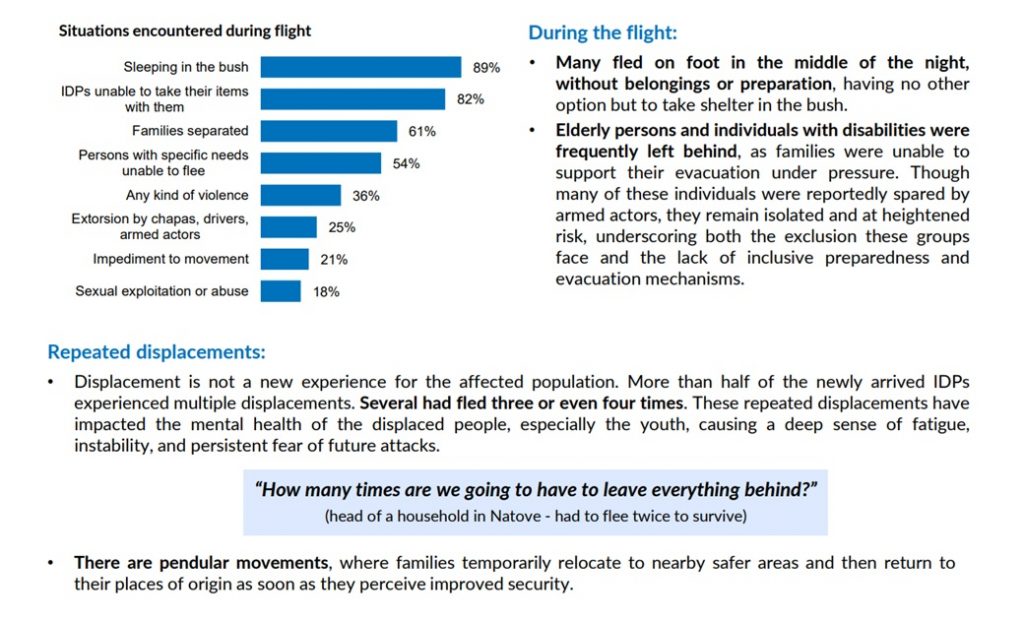
The new wave of rebel incursions into Ancuabe has been generating panic in the district, located around 150 kilometres from the city of Pemba, the capital of Cabo Delgado province.
The last major rebel attack in Ancuabe, in the south of Cabo Delgado province, took place on 17 November 2024, in the village of Nacuale, just over 20 kilometres from the main town, resulting in at least 15 deaths, local sources told Lusa at the time.
Since October 2017, the gas-rich province of Cabo Delgado has been facing an armed rebellion with attacks claimed by movements associated with the extremist group Islamic State.
In 2024 alone, at least 349 people died in attacks by Islamic extremist groups in northern Mozambique, an increase of 36% on the previous year, according to a study recently released by the Africa Centre for Strategic Studies (ACSS), an academic institution of the US government’s Department of Defence.


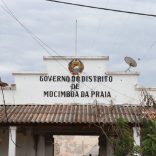
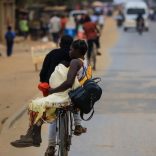



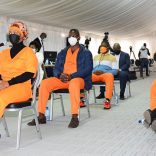




Leave a Reply
Be the First to Comment!
You must be logged in to post a comment.
You must be logged in to post a comment.